The concept of a lifespan for ghosts depends largely on the cultural, philosophical, or supernatural lens through which they’re viewed. In folklore, mythology, and various spiritual beliefs, ghosts are often considered to be the lingering spirits of individuals who have passed away, typically bound to our world due to unresolved issues, unfinished business, or a strong emotional attachment. Here’s a look at how the idea of a ghostly “lifespan” is addressed across different perspectives:
1. Spiritual and Religious Beliefs
- Ancient Beliefs: Many ancient cultures, such as those in Mesopotamia and Egypt, saw the afterlife as a place where souls went to reside permanently, sometimes allowing for occasional returns to the world of the living. There wasn’t a clear end for these spirits, suggesting that they could exist indefinitely.
- Christianity and Abrahamic Religions: Generally, ghosts don’t have a “lifespan” in Christian, Islamic, or Jewish theology; instead, spirits are expected to transition to a final afterlife (Heaven, Hell, or other destinations) rather than linger on Earth. Yet, some beliefs about purgatory or lost souls do suggest that spirits could exist temporarily in a ghostly state.
- Buddhism and Hinduism: In Buddhism and Hinduism, the concept of spirits remaining on Earth is sometimes associated with the notion of karma or unfinished duties. However, these beliefs usually propose that a ghost’s time on Earth is limited until it moves on to reincarnation or liberation.
2. Folklore and Paranormal Beliefs
- Hauntings and Residual Energy: Some paranormal theories describe hauntings as “residual” energy rather than a conscious spirit. This energy could theoretically last as long as the place or object it’s attached to exists, fading only when the circumstances that cause it (like trauma or strong emotion) diminish.
- Conscious Spirits and Ghosts: In ghost lore, conscious spirits (those who can communicate or interact with the living) are thought to have some level of agency. Their “lifespan” might depend on resolving unfinished business or gaining closure. In some legends, ghosts move on or “fade” when they’re no longer remembered by the living or lose their attachment to the physical world.
3. Scientific and Skeptical Views
- While science doesn’t recognize ghosts as real entities, phenomena that people attribute to ghosts (like strange noises or sensations) could be due to environmental factors, psychological effects, or suggestibility. From this perspective, ghostly “lifespans” are more about the persistence of belief rather than the actual presence of a ghost.
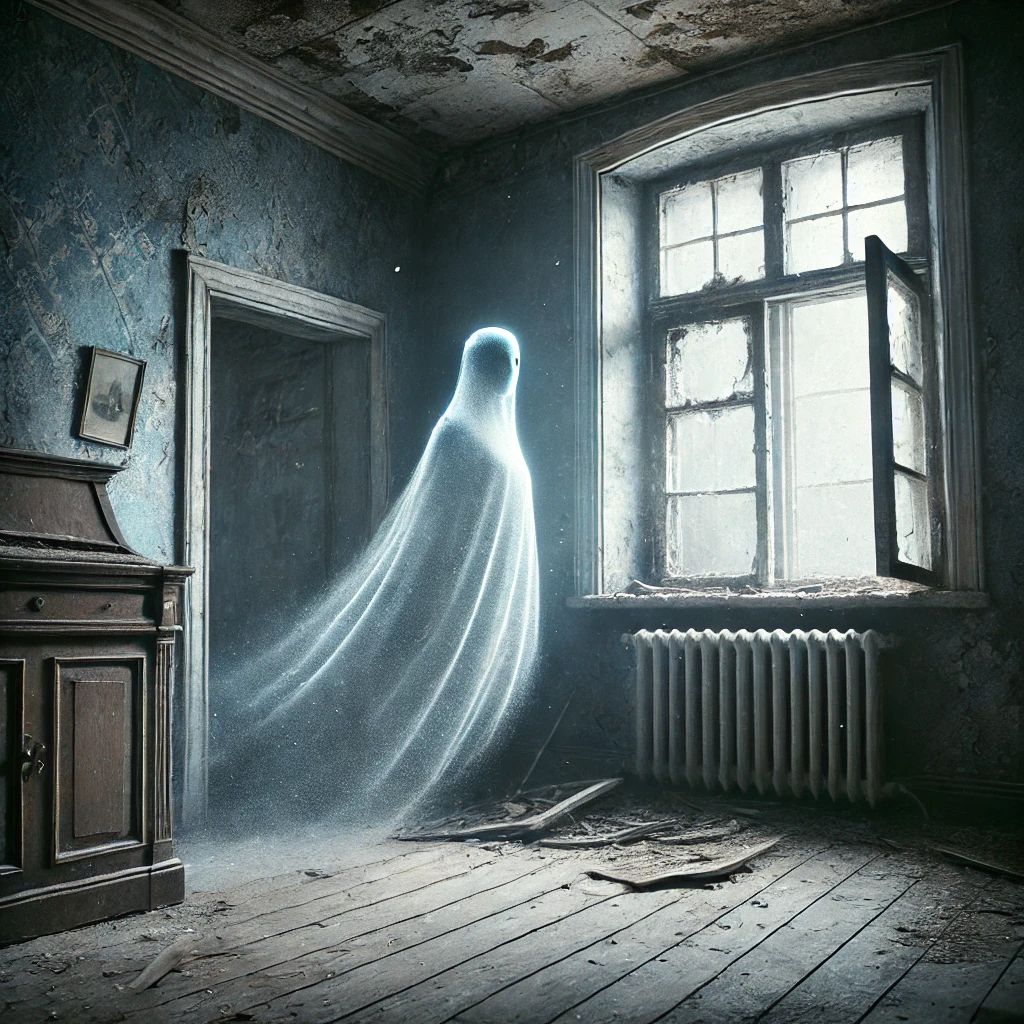
4. Cultural Representations and Modern Interpretations
- Many cultures have stories of ghosts that “linger” for set periods—like Japan’s “yūrei,” who remain until they find peace, or Western tales of spirits that haunt specific places indefinitely. Modern interpretations, often depicted in films and books, suggest that ghosts could “dissipate” or lose their potency over time if not actively remembered or anchored by someone or something in the living world.
In conclusion, from most perspectives that recognize ghosts, they don’t have a “lifespan” in the biological sense but rather an existence tied to specific conditions. They’re often seen as timeless entities that remain as long as they are remembered, anchored by unfinished emotions, or given a reason to stay in the world.

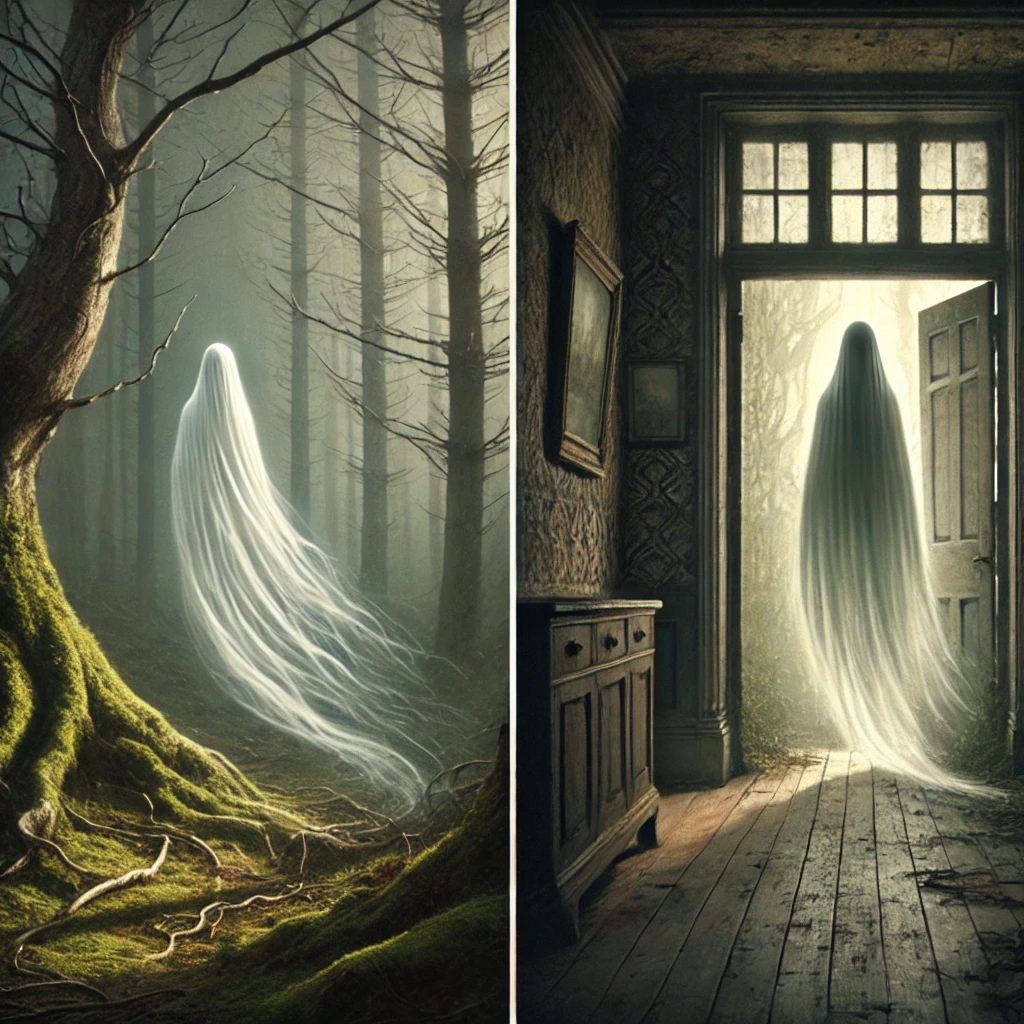

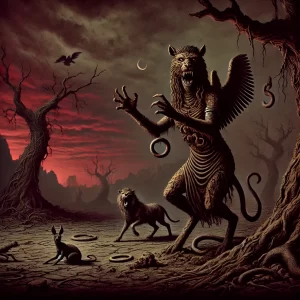

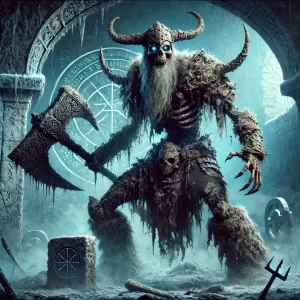




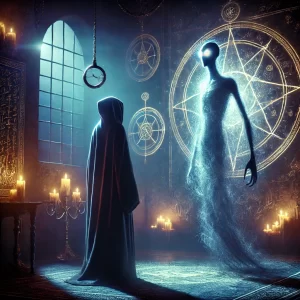





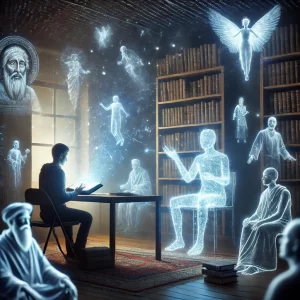







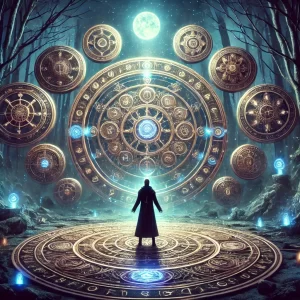



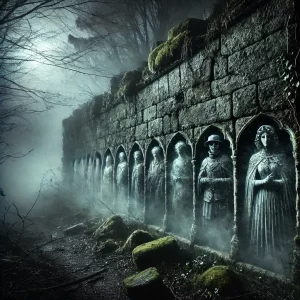



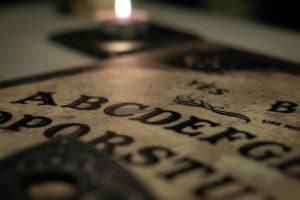
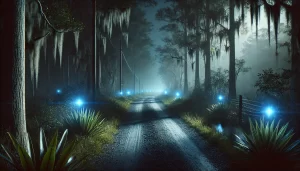
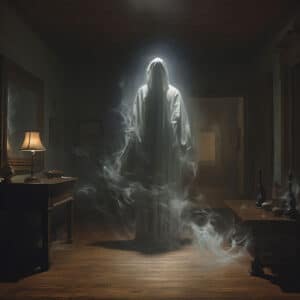


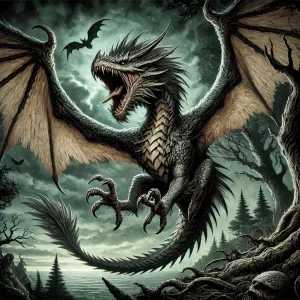






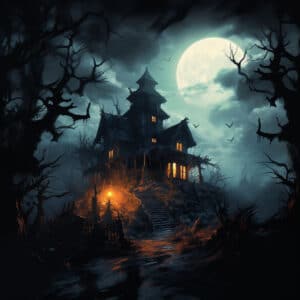

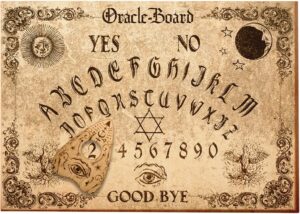



Leave a Reply